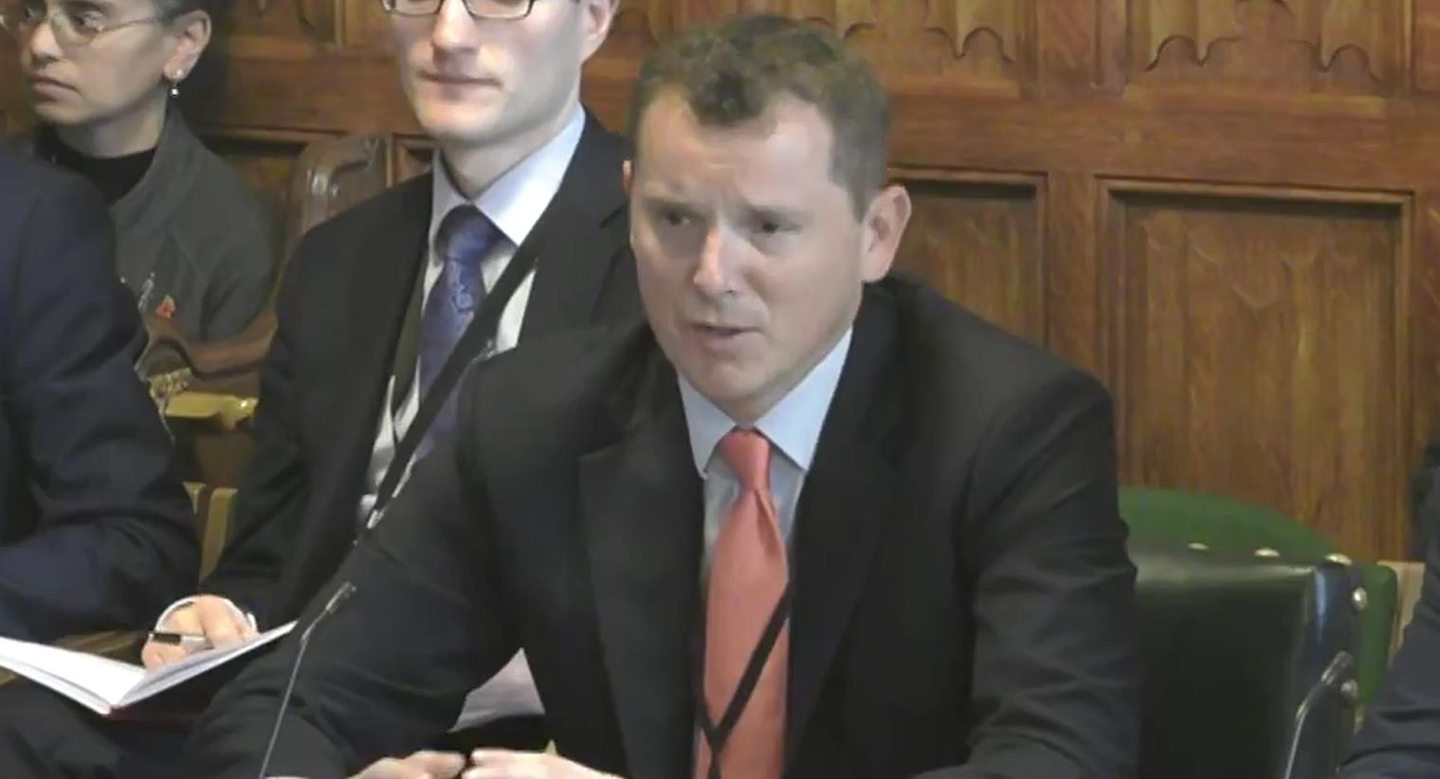A boss at BP was grilled for his lack of answers on a windfall tax “loophole” by an MP at a House of Commons Committee this week.
Head of hydrogen Matthew Williamson was asked how much more tax BP would have paid this financial year were it not for a “loophole” investment allowance in the windfall tax.
However he was seemingly caught out by the query, despite being told ahead of time he would be asked about it.
BP has already stated publicly that it would pay $2.5bn in North Sea taxes this year – which led to BEIS committee chair Darren Jones’ line of questioning.
Jones asked: “If it wasn’t for the loophole that was but in for investment into drilling for further oil and gas, how much more tax would you have paid this financial year?”
The UK head of hydrogen at BP struggled to answer this question, stating: “I’m not an expert in the tax implications of the statement.” He further added: “I don’t have an answer for you today.”
Not satisfied with this answer, Jones pushed further, asking: “Why can’t you tell me the answer to my question if they [BP’s tax and financial teams] could figure that bit out?
“If you had to pay 100% of the windfall tax it would be ‘X’ dollars but you were given a loophole that if you used some of that profit to invest in oil and gas drilling, you wouldn’t have to pay that in tax which is why you get to ‘Y’ dollars.”
Jones was pushing for the “differential” which he claimed would be a “pretty simple calculation”, however, this was not a figure Williamson had to hand despite being told before the meeting that he would be questioned on the matter.
He said he would have provided the answer if it was available to him.
Mr Jones, heading an inquiry into decarbonisation of the power sector, described an investive incentive in the tax – a 91% return designed to see firms pay less tax the more they put into the sector – as a “loophole”.
BP’s fellow oil major, Shell, caused controversy last month as its third-quarter results showed that the firm paid nothing in energy profits levy taxes.
This comes as Chancellor of the Exchequer, Jeremy Hunt, announced the Autumn Budget last week.
The latest update to the energy profits levy hiked the rate of tax by 10%, however, it maintained the 91% investment relief.
This decision was criticised by Williamson’s fellow panellist, SSE Thermal’s managing director, Catherine Raw, who said: “It feels like an unintended consequence and slightly counterintuitive that effectively investment by oil and gas companies is favoured to investment by renewables companies.”
After saying “low carbon energy is my area of speciality” Jones was asked how much BP was spending on renewable technologies in comparison to the $8.5bn spent on the firm’s share buyback scheme, the UK supermajor boss was unable to answer this question as well.
Williamson did say that his firm was dedicating 30% of its overall spending on “non-hydrocarbon investment”.
Frustrated by the BP head of hydrogen’s answers Jones said: “Did you not prepare for this session before you came today?
“Did you not get any help from your colleagues at BP?”
Williamson explained that he had prepared but not for the questions he had been asked, the BEIS committee chair then responded: “Is that because you don’t want to answer them or because you can’t answer them.”
The BP boss clarified that he could not answer the question asked of him.
BP has been asked for comment.
Recommended for you


 © Supplied by UK Govt
© Supplied by UK Govt